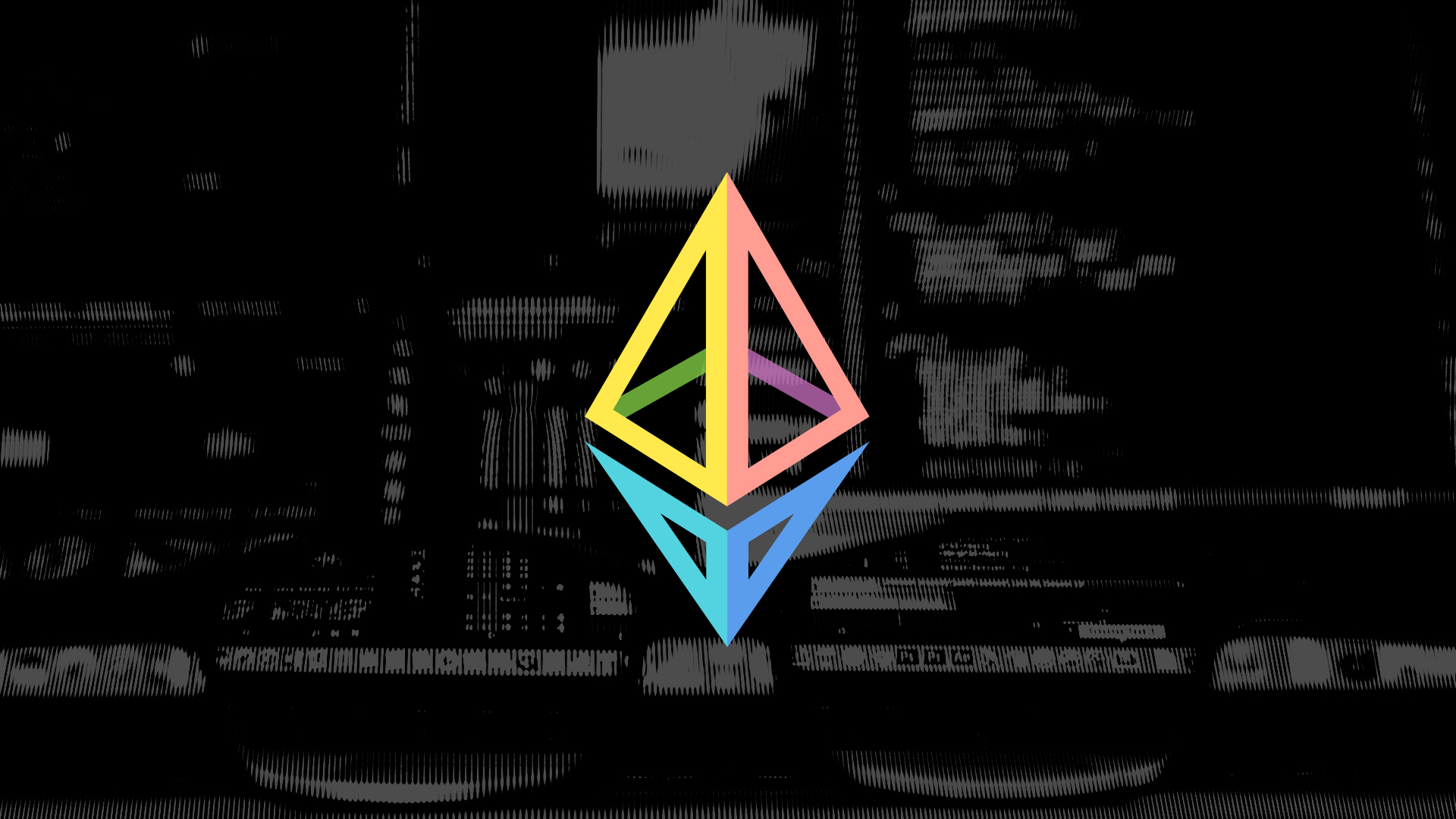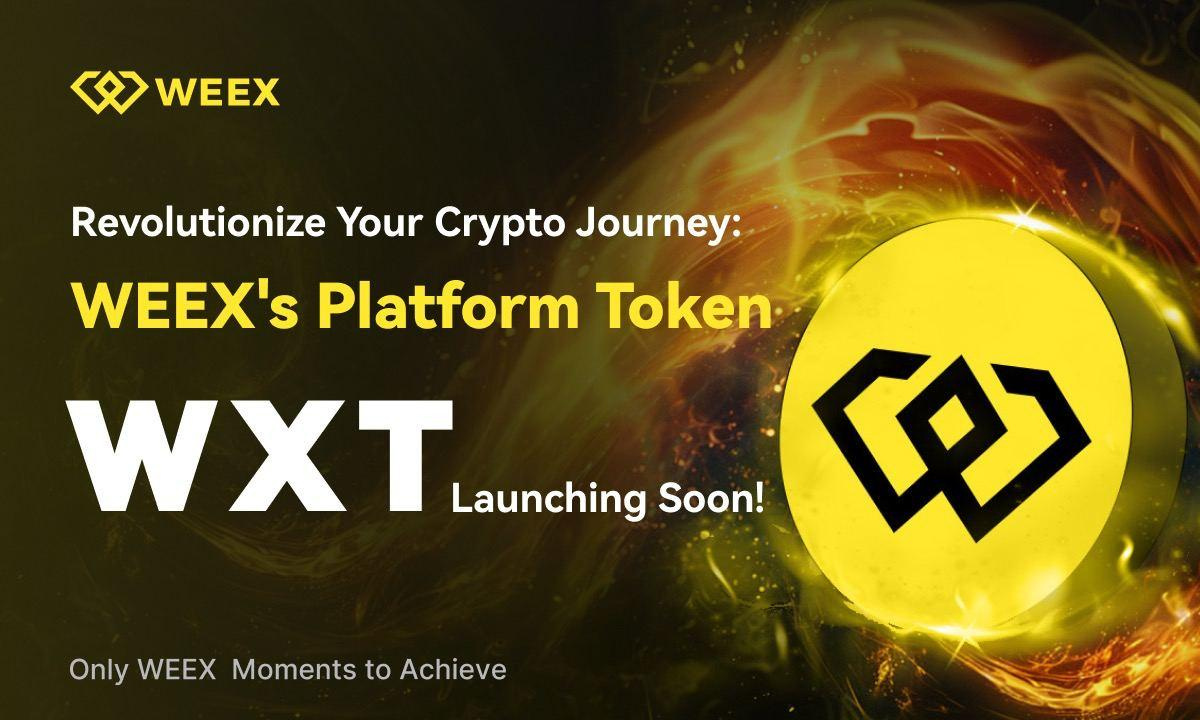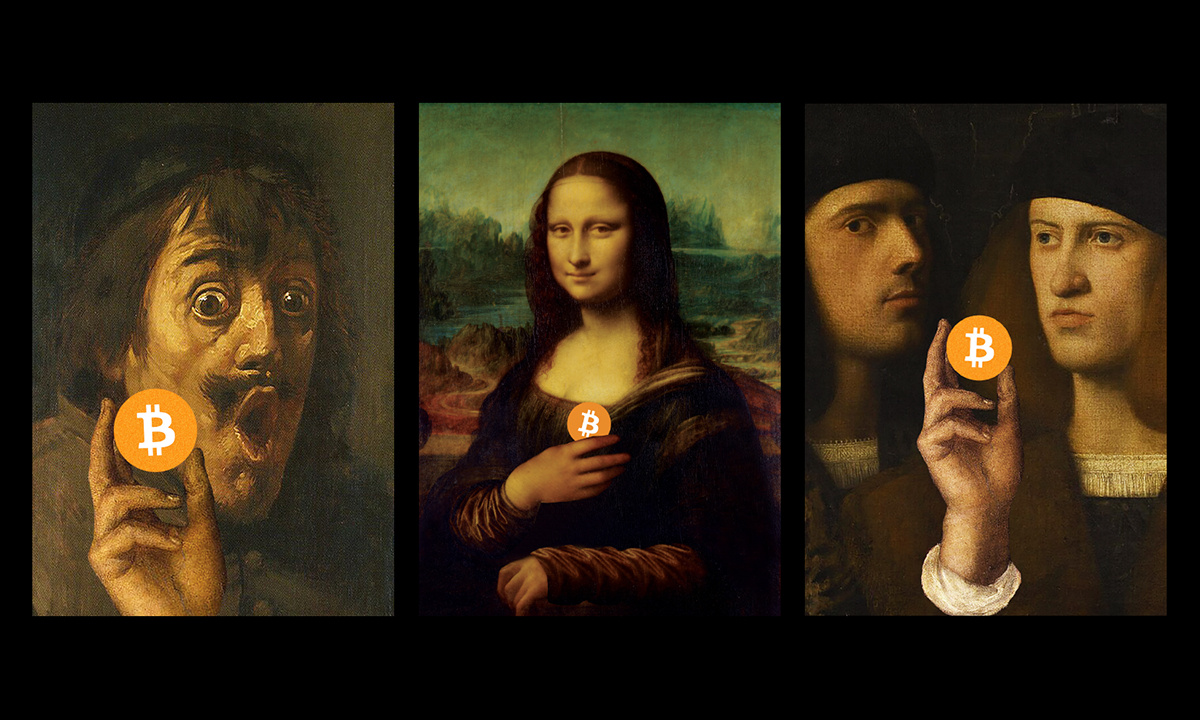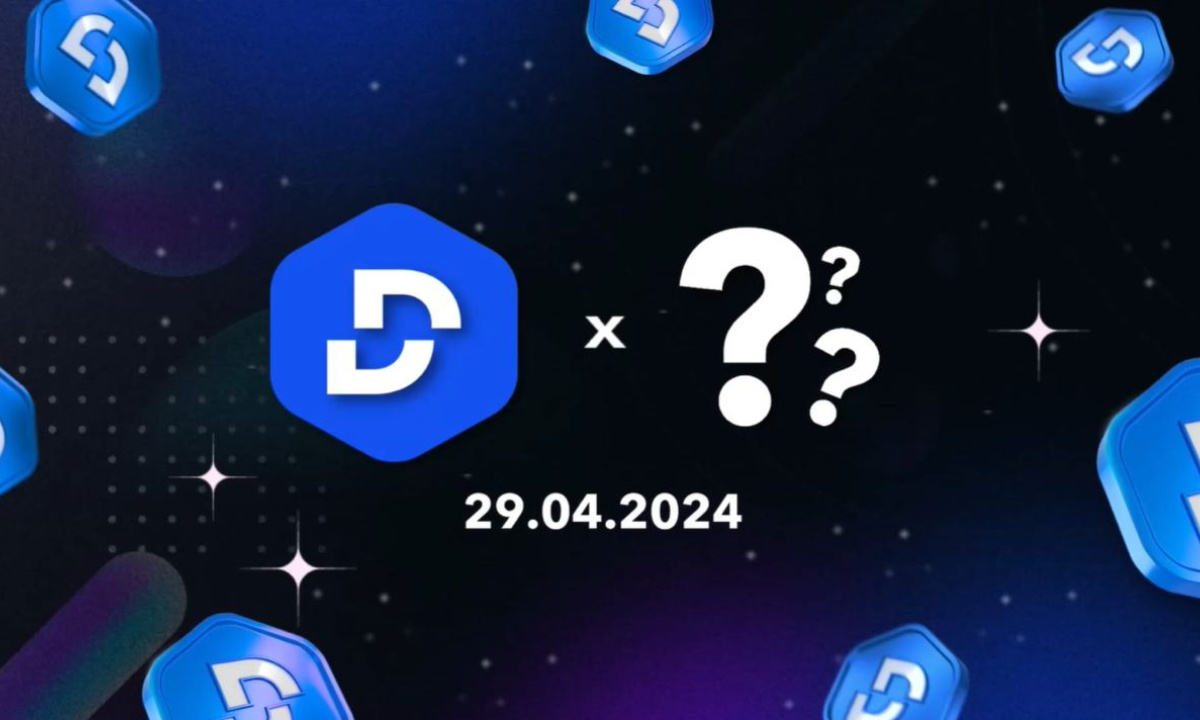Table of Contents
Developers on Ethereum have announced that the Shapella upgrade will take place on the 12th of April, 2023. The upgrade will take effect at epoch 194,048, coming as a relief for validators on the platform.
Withdrawals Incoming
The Shappella hard fork will come as a huge relief to Proof-of-Stake validators, who will finally be able to withdraw their ETH from the platform. The fork, scheduled for the 23rd of April, will enable withdrawals through the Ethereum Improvement Proposal (EIP) 4895. Once implemented, this will push staked Ether from the Beacon Chain to the Ethereum Virtual Machine (EVM), also known as the execution layer. Ethereum core developer Tim Beiko announced the news on Twitter, stating,
“It’s happening Shapella is scheduled on mainnet for epoch 194048, scheduled for 22:27:35 UTC on the 12th of April, 2023. Client releases compatible with the upgrade are listed in the announcement below.”
The time, slot, and epoch for the upgrade were confirmed after lengthy deliberations and discussions between members of the Ethereum Foundation, led by Beiko. The hard fork will finally enable the partial and complete withdrawal of ETH. However, several mechanisms have been put in place to ensure that a flood of unlocked ETH does not end up disturbing the market dynamics. Currently, there are around 17.81 million ETH staked on the beacon chain. At current prices, around $31.6 billion worth of ETH can be unlocked over time.
Successful Deployment On Goerli And Sepolia Testnets
The announcement comes after Ethereum developers successfully deployed the Shapella fork on the Goerli and Sepolia testnets. While the Ethereum Foundation had stated that the last test run on the Goerli testnet was smooth, there was a delay in activation time thanks to some validators not updating their client software on time. However, Beiko stated that this would not be an issue this time around. The upgrade combines changes to the Shanghai Ethereum Virtual Machine, also known as Shanghai, and the consensus layer, Capella. It has also changed to the engine API linking the two layers bundled in it.
Apart from enabling withdrawals, the Shapella upgrade also implements several other Ethereum Improvement Proposals, such as EIP-3855, EIP-3651, EIP-3860, EIP-4895m, and EIP-6049. EIPs are standards that add or designate new features and processes for Ethereum. Before the Shapella upgrade, validators had to lock 32 ETH in a smart contract on the Beacon Chain to be able to earn rewards.
Previous Hard Forks
Ethereum has gone through a long list of hard forks, with the latest Shapella touted as one of the most significant to date since the Merge. The Merge saw Ethereum finally make the transition from the energy-hungry Proof-of-Work consensus mechanism to Proof-of-Stake. Before the Merge, we saw the London hard fork that saw the introduction of EIP-1559. EIP-1559 introduced a base fee for users instead of the price auction method. Validators still receive a block reward and tip. However, the base fee is burned and is intended to make ETH deflationary over time.
Before EIP-1559, there was Berlin, which helped optimize gas costs for specific EVM actions, while the Beacon Chain Genesis saw the first block produced on the Proof-of-Stake chain on the 1st of December 2020. Lastly, Istanbul, implemented in 2019, helped improve resilience against denial-of-service attacks, along with making SNARKs and STARKs-based layer-2 solutions more performant. Additionally, the Ethereum Foundation also announced that it would be doubling rewards for any bugs found in the Shapella source code.
However, while the Shapella hard fork marks a significant milestone in Ethereum’s journey, the protocol still suffers from low transaction throughput. Data from Blockchair has shown that Ethereum’s transaction speed currently stands at 10 transactions per second.
Disclaimer: This article is provided for informational purposes only. It is not offered or intended to be used as legal, tax, investment, financial, or other advice.
Investment Disclaimer










